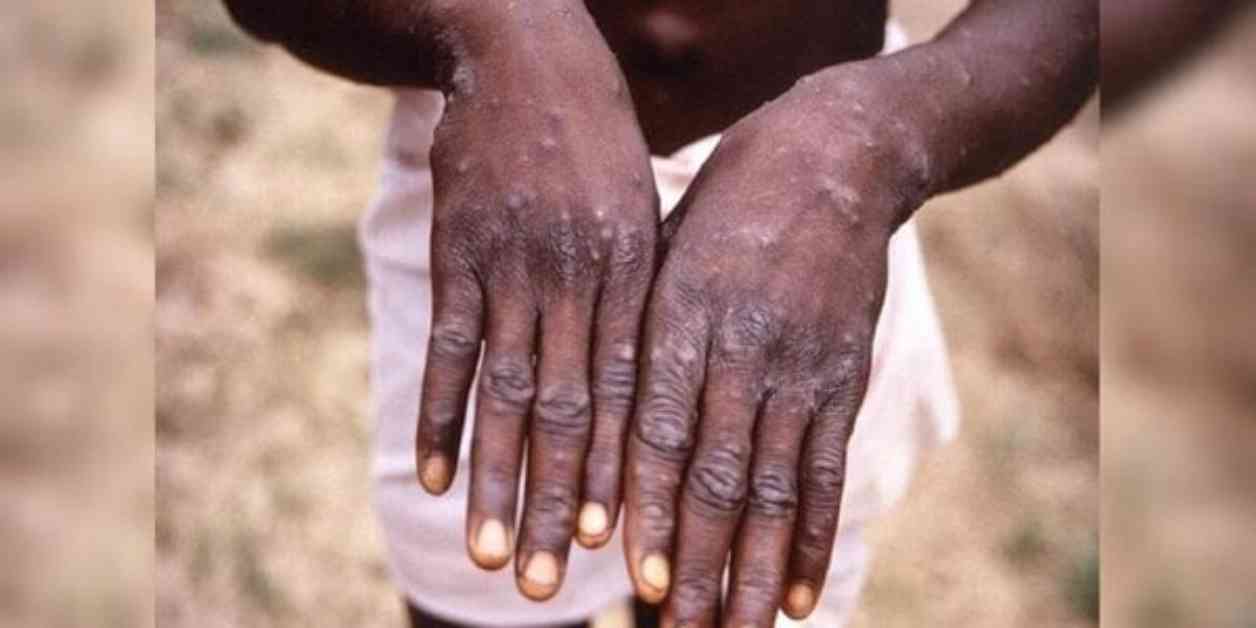Health Secretary Apurva Chandra has issued a new advisory to all state and union territory (UT) administrations regarding the Mpox Clade 1b case in India. This advisory outlines public health actions that need to be implemented to prevent the further spread of the Mpox virus in the country.
The Mpox Clade 1b case was first reported in India last week when a 38-year-old man from Kerala tested positive for the virus. The man had recently returned from the United Arab Emirates (UAE), where he is believed to have contracted the virus. This case prompted the World Health Organisation (WHO) to declare a public health emergency, highlighting the seriousness of the situation.
In response to this development, the advisory issued by Health Secretary Apurva Chandra emphasizes the importance of raising awareness about Mpox within communities. It stresses the need for educating the public about the disease, how it spreads, and the importance of timely reporting and preventive measures.
The advisory also reassures the readiness of India’s diagnostic testing capability. With 36 labs across the country supported by the Indian Council of Medical Research (ICMR) and three PCR test kits validated by the Central Drug Standards Control Organisation (CDSCO), testing facilities are readily available to handle suspected cases of Mpox.
According to the advisory, samples from lesions of any patient with suspected Mpox symptoms should be sent to designated labs immediately for testing. If a positive result is obtained, the sample should then be sent to ICMR-NIV for genome sequencing to determine the clade of the virus.
Since the WHO declared Mpox a public health emergency of international concern (PHEIC) last month, India has reported two cases of the virus. The first case was in Delhi, where the patient was found to have the Clade 2 strain, not included in the WHO warning. The second case was in Kerala, where the patient was diagnosed with the Clade 1b strain, leading India to become the third non-African country to confirm a case of this strain after Sweden and Thailand.
Health Secretary Apurva Chandra highlighted the difference between the two strains, noting that while the clinical presentation is similar, the rate of complications may be higher in Clade 1 infections compared to Clade 2. This information underscores the importance of early detection and proper management of Mpox cases.
In addition to the recent advisory, a similar one was released earlier this month, urging states and UTs to review their public health preparedness and enhance screening and testing of suspected Mpox cases. The Ministry of Health and Family Welfare continues to closely monitor the evolving situation and is committed to providing necessary support to states and UTs in managing the Mpox outbreak.
Subheadings:
1. Importance of Public Health Actions
2. Diagnostic Testing Capability and Genome Sequencing
3. Monitoring and Support from the Ministry of Health and Family Welfare
As the Mpox Clade 1b case continues to pose a threat in India, it is crucial for authorities at all levels to work together to contain the spread of the virus and protect the health and well-being of the population. With effective public health measures, timely testing, and monitoring, India can effectively navigate through this challenging situation and prevent further outbreaks of Mpox.




















